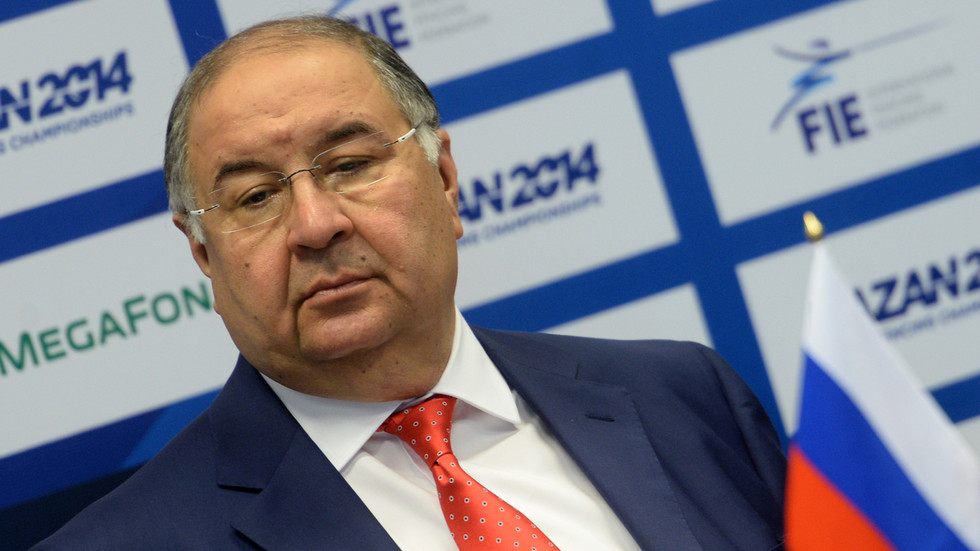
A court has ruled that the search warrants against Alisher Usmanov did not have a good enough basis, according to Der Spiegel

FILE PHOTO: Russian tycoon, Alisher Usmanov © Sputnik / Maksim Bogodvid
A German regional court in Frankfurt declared last year’s police raids on the properties of Russian tycoon Alisher Usmanov illegal, Der Spiegel weekly reported on Friday. The nation’s law enforcement searched several villas and an apartment – as well as the superyacht ‘Dilbar’ allegedly linked to the businessman– in September 2022 as part of a money laundering, tax evasion, and sanctions violation case.
The court ruled that the initial money laundering suspicions were insufficient to warrant the searches at Usmanov’s premises in the first place. The judges also pointed to some “serious deficiencies” in the search warrants requested by Frankfurt’s Public Prosecutor’s Office at the time.
Suspicions against Usmanov were based on allegations that were too vague, the court declared. The assumption that his assets – which are worth billions of dollars – were the result of some “crimes committed in Russia,” coupled with some references to allegedly shady business practices and offshore companies, was not enough, it added.
The judges also criticized the fact that the German investigators heavily relied on a YouTube video by Russian opposition figure Alexey Navalny, since German law enforcement reportedly failed to present any evidence of Usmanov’s supposedly improper business practices other than those mentioned in the video.

Read more
Navalny, who presents himself as an anti-corruption activist, founded an NGO called ‘The Anti-Corruption Foundation’ (FBK), which focused on ‘independent investigations’ of alleged corrupt activities among Russian officials and businessmen. The FBK was designated as an extremist organization by a Moscow court in June 2021. The organization had previously already been labeled a “foreign agent” by Russian officials.
In September 2022, the German police seized almost 90 bank reports describing what they called “suspicious transactions” by Usmanov, as well as some allegedly valuable works of art. German law enforcement accused the Russian businessman of using his “extensive and complex network of companies and corporations” to disguise the origins of several transactions between 2017 and 2022.
Usmanov’s lawyers hailed the court ruling, adding that it strengthened their client’s trust in German law. The businessman has denied all the allegations. According to Der Spiegel, some other accusations, including alleged sanctions violations, still stand. The investigations against the tycoon will therefore continue, and confiscated items are unlikely to be returned to him any time soon, the media outlet added.




